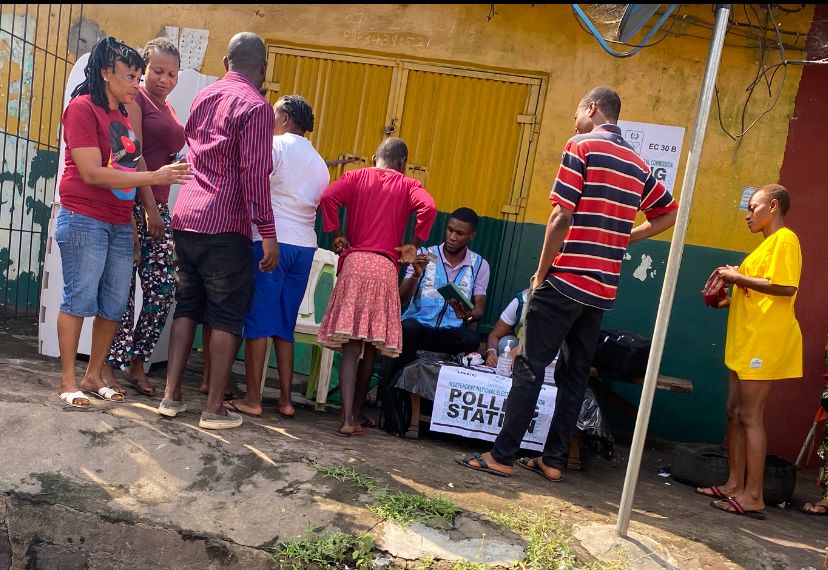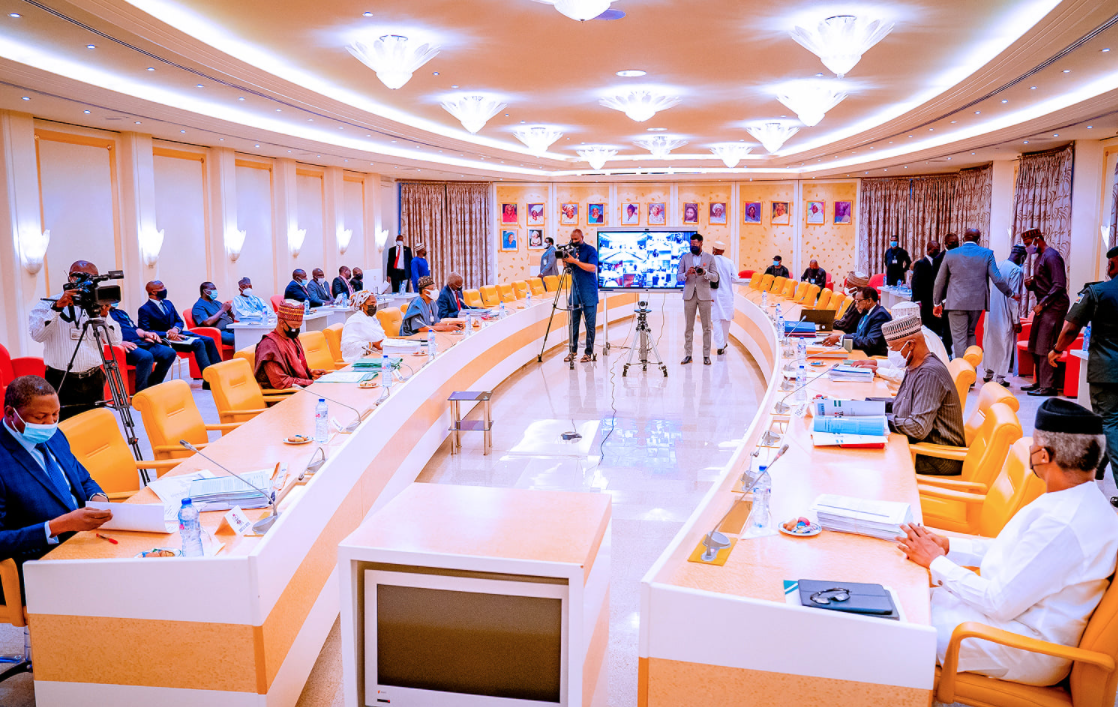BY KOFI ANNAN FOUNDATION
18.11.2021. The Nigerian national assembly has passed the electoral act amendment bill after both the senate and the house of representatives deliberated extensively on the report of the conference committee. It is due to be signed this week by the president of the republic.
“Democracy is always work in progress, and the electoral act amendment bill unquestionably marks progress for Nigerian democracy,” said El Hadj As Sy, the chairman of the Kofi Annan Foundation, following the pass. “We congratulate Nigeria’s MPs and Senators for putting aside their differences to take this bold step.”
Among the many reforms the bill will bring, three stand out. First, the adoption of electronic transmission of election results in the electoral bill will improve electoral transparency and therefore trust in the process.
Advertisement
Second, the bill ensures that the election commission, INEC, will receive the funding it needs to conduct elections 12 months ahead of polling day, which will not only improve INEC’s capacity to discharge its duties but will also strengthen INEC’s financial independence, and therefore credibility.
Finally, the bill empowers INEC to review election results declared under duress or questionable circumstances, which has a been recurrent problem in parts of Nigeria racked by violence.
“This reform ought to shore up the trust in Nigeria’s election results, and therefore reduce the risk of violence and instability in future elections”, opined Abdulsalami Abubakar, the chairman of Nigeria’s national peace committee.
Advertisement
Election reform has been under discussion in Nigeria for years, as structural problems in the country’s system have become increasingly manifest, documented by numerous election observer mission reports.
Dissatisfaction and disillusionment over elections no doubt help explain the steady decline in voter turnout over the years: the 35% voter turnout in 2019 was down from 44% in the 2015 presidential election, well below the 54% who showed up at the polls in 2011.
In collaboration with the Nigerian Situation Room, the European Union and Switzerland, the Kofi Annan Foundation helped to put electoral reform back on the agenda in June 2019, following the general elections in May, with an election reform round-table co-organised with the Situation Room involving all the key stakeholders based on the election observer mission reports.
As the region’s biggest country and the host state of the Economic Community of West African States, political developments in Nigeria have wide-ranging regional ramifications. That this reform bill comes in the twentieth anniversary year of the ECOWAS Democracy and Good Governance Protocol should give it regional resonance at a time when West Africa as a whole is undergoing a democratic recession, illustrated by recent coups in Mali and Guinea.
Advertisement
The bill will now be transmitted to President Buhari for signature, which proved a stumbling block for the country’s last attempt at electoral reform in 2018.
“I trust the president will sign this bill, which cements Nigeria as a leading democracy on the continent”, urged As Sy. “It is the right thing to do, not just for Nigeria, but for the entire region, which looks to Nigeria for leadership in these dark times for West African democracy.”
For any inquires, please contact Sebastien F.W. Brack, senior advisor [email protected]
Advertisement
Views expressed by contributors are strictly personal and not of TheCable.






